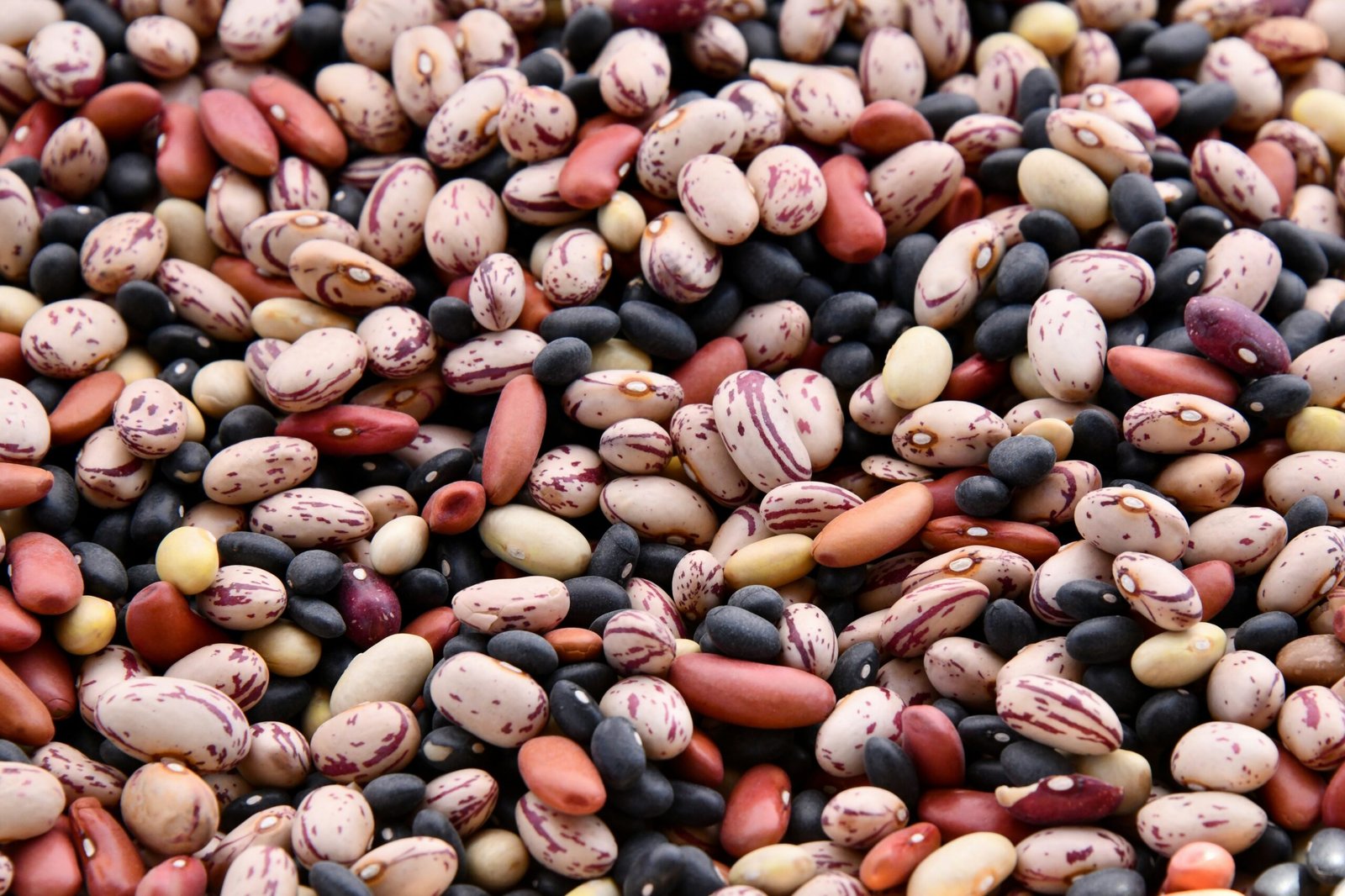The Benefits of Including Legumes in Your Diet
Introduction
Legumes, including beans, lentils, chickpeas, and peas, are nutrient-dense foods that have been consumed for centuries and are a staple in many traditional diets around the world. Not only are legumes versatile and delicious, but they also offer a wide range of health benefits due to their unique nutritional composition.
Current Research Findings
Recent research has shed light on the numerous health benefits associated with legume consumption. Studies suggest that incorporating legumes into a balanced diet may contribute to:
- Weight management: Legumes are rich in fiber and protein, which can promote feelings of fullness and help control appetite, potentially aiding in weight management and preventing overeating.
- Weight loss: Some research indicates that diets high in legumes may be associated with weight loss, particularly when they are used as a substitute for higher-calorie foods.
- Dietary protein: Legumes are an excellent source of plant-based protein, making them a valuable addition to vegetarian and vegan diets. They provide essential amino acids necessary for muscle repair, growth, and overall health.
Health Benefits of Legumes
Legumes offer a variety of health benefits, including:
- Heart health: Legumes are rich in soluble fiber, which can help lower cholesterol levels and reduce the risk of heart disease. They also contain antioxidants and phytochemicals that support cardiovascular health.
- Blood sugar control: The fiber and protein in legumes can slow down the absorption of sugar into the bloodstream, helping to stabilize blood sugar levels and reduce the risk of insulin resistance and type 2 diabetes.
- Digestive health: The fiber in legumes supports digestive health by promoting regularity and preventing constipation. It also nourishes beneficial gut bacteria, contributing to a healthy gut microbiome.
- Weight management: As mentioned earlier, the fiber and protein content of legumes can aid in weight management by promoting satiety and reducing calorie intake.
- Nutrient density: Legumes are packed with essential nutrients, including vitamins, minerals, and antioxidants, which contribute to overall health and well-being.
How to Incorporate Legumes Into Your Diet
There are numerous delicious ways to incorporate legumes into your diet:
- Use beans or lentils as a protein source in soups, stews, chili, and salads.
- Blend chickpeas into hummus for a nutritious dip or spread.
- Add cooked beans or peas to pasta dishes, casseroles, and stir-fries.
- Snack on roasted chickpeas or edamame for a crunchy and satisfying treat.
- Experiment with different varieties of beans, lentils, and peas to discover new flavors and textures.
Conclusion
Legumes are nutrient-dense foods that offer a wide range of health benefits, including weight management, heart health, and blood sugar control. Incorporating legumes into your diet can be an excellent way to enhance overall health and well-being. With their versatility and delicious taste, legumes are a valuable addition to any balanced diet.
References
- McCrory MA, Hamaker BR, Lovejoy JC, Eichelsdoerfer PE. Pulse consumption, satiety, and weight management. Advances in Nutrition. 2010;1(1):17-30.
- Papanikolaou Y, Fulgoni VL. Bean consumption is associated with greater nutrient intake, reduced systolic blood pressure, lower body weight, and a smaller waist circumference in adults: results from the National Health and Nutrition Examination Survey 1999-2002. Journal of the American College of Nutrition. 2008;27(5):569-576.
- Kim SJ, de Souza RJ, Choo VL, et al. Effects of dietary pulse consumption on body weight: a systematic review and meta-analysis of randomized controlled trials. American Journal of Clinical Nutrition. 2016;103(5):1213-1223.
- Clark JL, Taylor CG. Zahradka P, et al. The effect of pulse consumption on satiety: a systematic review and meta-analysis of randomized controlled trials. Advances in Nutrition. 2018;9(6):697-710.






